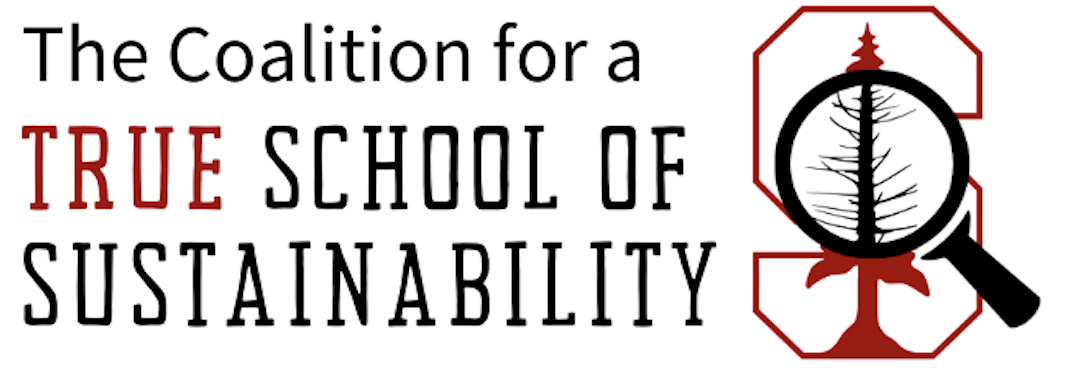Welcome to Our Biweekly Summer Newsletter
Summers Greetings from the Coalition!
We hope you will spend plenty of time off screens and outside this summer. But we also wanted to keep up some learning and laughs.
Every two weeks, we’ll send out a digest. We’re still playing with format, but we think it will come in three parts: 1) a quiz, 2) an illuminating quote, and 3) and something just for laughs.
First, though, let’s ground ourselves in reality. Canadian wildfires, which typically peak in July and August, are already tying records for most destructive all year long. The North Atlantic sea surface temperature anomaly is at its most extreme in recorded history, as is the antarctic sea ice extent anomaly. We are in completely uncharted territory. See here.
Let us ask ourselves, then, will we capitulate to fossil fuel companies’ wishes with milquetoast incrementalism? Should we keep building bridges to nowhere, at their behest?
And with that, welcome to our inaugural summer content!
Quiz
The Stanford Doerr School’s Energy Modeling Forum, which “seeks to improve the use of energy and environmental policy models for making important corporate and government decisions” and which “publishes a summary report that is widely distributed to policymakers, corporate leaders, and energy experts and advisors,” lets its corporate affiliates “help frame the questions” it asks.
Question 1
The energy modeling forum does not receive funding from which of the following:
A) ExxonMobil
B) Southern Company Services
C) American Petroleum Institute
D) First Solar
E) Aramco Services Company
F) Sandia National Laboratories
G) British Petroleum
Question 2
The energy modeling forum has as its current executive director:
A) the former chief economist of a major bank
B) the former president of a fossil fuel lobby association
C) the former chief corporate strategist of a major oil and gas company
D) the former director of public relations at a major consultancy serving oil and gas companies
Question 3
The Energy Modeling Forum published its 36th study, “Climate policies after Paris,” in 2021. The study aimed to “summarize insights from the 36th EMF study on the distribution of economic adjustment costs of greenhouse gas emission reduction targets.” The study included economic costs of which of the following in its model:
A) fossil-free infrastructure construction
B) direct health effects of fossil fuel pollution (from PM2.5, NOx, etc…)
C) climate change
Answers given in our next digest. If you’re impatient, you can find out for yourself.
Quote
In the late 1970s, following a spate of environmental regulations, a pamphlet made its way around business circles. It instructed executives of companies in regulated industries to:
“Coopt the Experts.
“Regulatory policy is increasingly made with the participation of experts, especially academics. A regulated firm or industry should be prepared whenever possible to coopt these experts.
“This is most effectively done by identifying the leading experts in each relevant field and hiring them as consultants or advisors or giving them research grants and the like. This activity requires a modicum of finesse; it must not be too blatant, for the experts themselves must not recognize that the have lost their objectivity and freedom of action.
“At a minimum, a program of this kind reduces the threat that the leading experts will be available to testify or write against the interests of the regulated firms. AT&T has made a major investment, for instance, in very high grade economic talent over the past decade. It is not entirely accidental that this group of economists has produced a formidable new theory of multiproduct natural monopoly that may serve as a powerful argument in favor of barriers to entry and the exclusion of competitors in AT&T markets.”
—The Regulation Game (Owen, Braeutigam; 1978) as quoted in Franta, B. Environmental Politics, 2021
